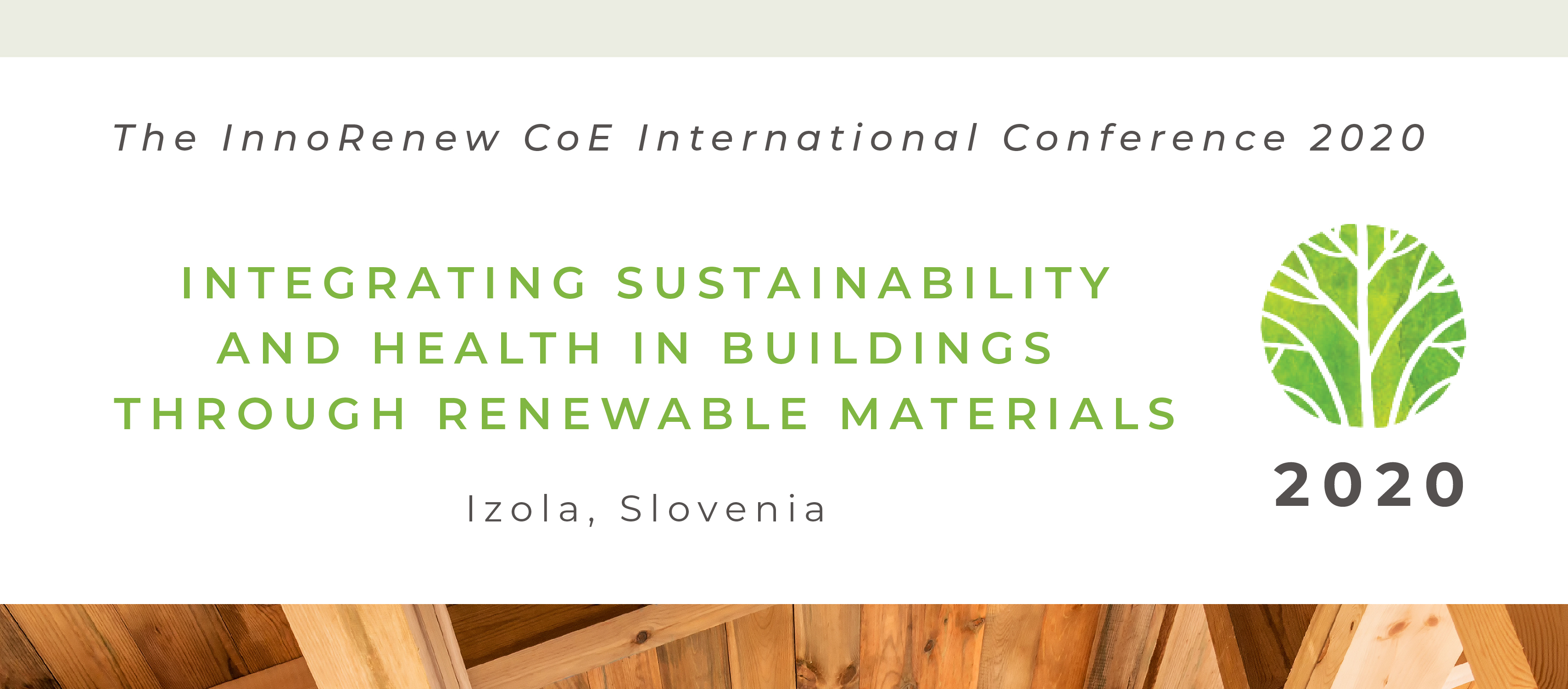Speaker
Description
The biggest stress on the sustainability of our environment is caused by the construction industry. More than 30% of the global pollution emissions are caused by the development of the built environment without ecological awareness. It is time for the conscious design process, to shape our built environment in a sustainable and humane way, in accordance with nature. The creative students and educators from University of Pécs, in association with University of Miskolc and University of Blida, set the goal of creating a new Hungarian energy project, the HUNGARIAN NEST+ PROGRAM, at this year's Solar Decathlon Europe competition. The international consortium was established as a concentration of multidisciplinary researchers from many disciplines. Nowadays, architecture and automation represent an almost inseparable combination, which creates innovations that promote the revolution of the entire construction industry.
The international innovative house-building competition, Solar Decathlon Europe 2019 focused on addressing the social challenges of an inherited built environment. In Hungary, 800.000 outdated, physically amortised “Cube-houses” are waiting to make them meet the challenges of the 21st century. The HUNGARIAN NEST+ is an innovative example to provide quality guidelines for sustainable development of inherited architectural environments and for defining new architectural directions! An experiment to turn into positive the energy efficiency of built environment. The project is based on a combination of simple, consistent ingenuity of vernacular Hungarian architecture, the natural confidence of environmentally conscious thinking, the purity of low-budget solutions, and the high-tech applications of energy design. We have developed many variations and technological innovations throughout the project, enabling HUNGARIAN NEST+ to combine energy conscious solutions with humane living without ecological footprint, both in the renovation of existing buildings and in the realization of new buildings. And the next phase of the project is just coming!
Keywords: Solar Decathlon Europe, new type energy spaces, HUNGARIAN NEST+, environmentally positive architecture, Cube-house, recycling.
REFERENCES
Kincses Péter, A megújuló támogatási rendszer. [Performance]. MAVIR Zrt., 2018.
Chenghua Zhanga, Jianzhong Wua, Chao Longa, Meng Chenga, „Review of Existing Peer-to-Peer Energy Trading Projects,” in Elsevier Ltd., www.sciencedirect.com, 2016.
Központi Statisztikai Hivatal, „2011. ÉVI NÉPSZÁMLÁLÁS - 12. Lakásviszonyok”. Link: https://www.ksh.hu/docs/hun/xftp/idoszaki/nepsz2011/nepsz_12_2011.pdf. [Available: 27. október 2019.].
ifj. Kistelegdi István: Hazánk első energia-pozitív ipari és irodaépülete - Komló 2012: Link: https://energiadesign.hu/cikk/projektek/hazank-elso-energia-pozitiv-ipari-es-irodaepulete-komlo-2012-1
A „kevesebb” a jövő megoldása! – low-tech épületek high-tech tervezéssel, https://energiaoldal.hu/a-kevesebb-a-jovo-megoldasa-low-tech-epuletek-high-tech-tervezessel/
Manfred Hegger, Caroline Fafflok, Johannes Hegger, Isabell Passig: Aktivhaus The Reference Work, From Passivhaus to Energy-Plus House, 2016, Verlag D. W. Callwey GmbH & Co. KG, Munich. Genehmigte Lizenzausgabe für Birkhäuser Verlag GmbH., pp. 48.-49., ISBN 978-3- 03821-643-8
| Consider my submission for a full-paper in the IPBE special edition for the conference? | Yes, please. |
|---|

